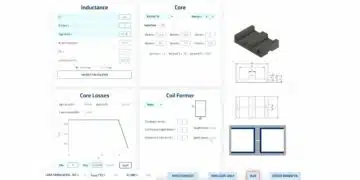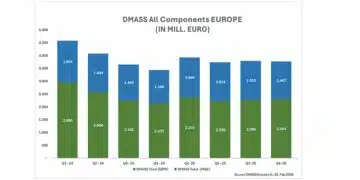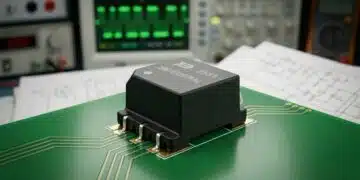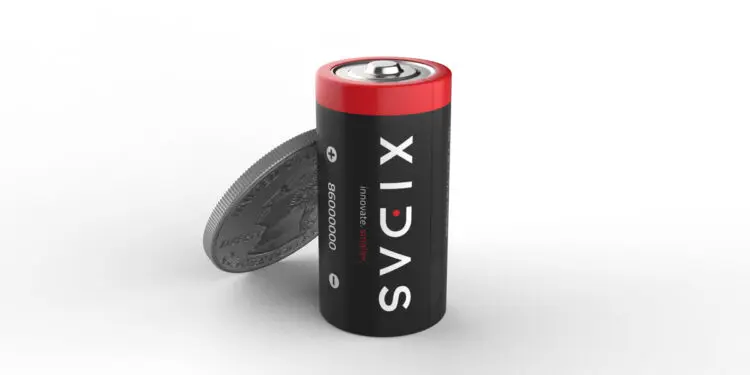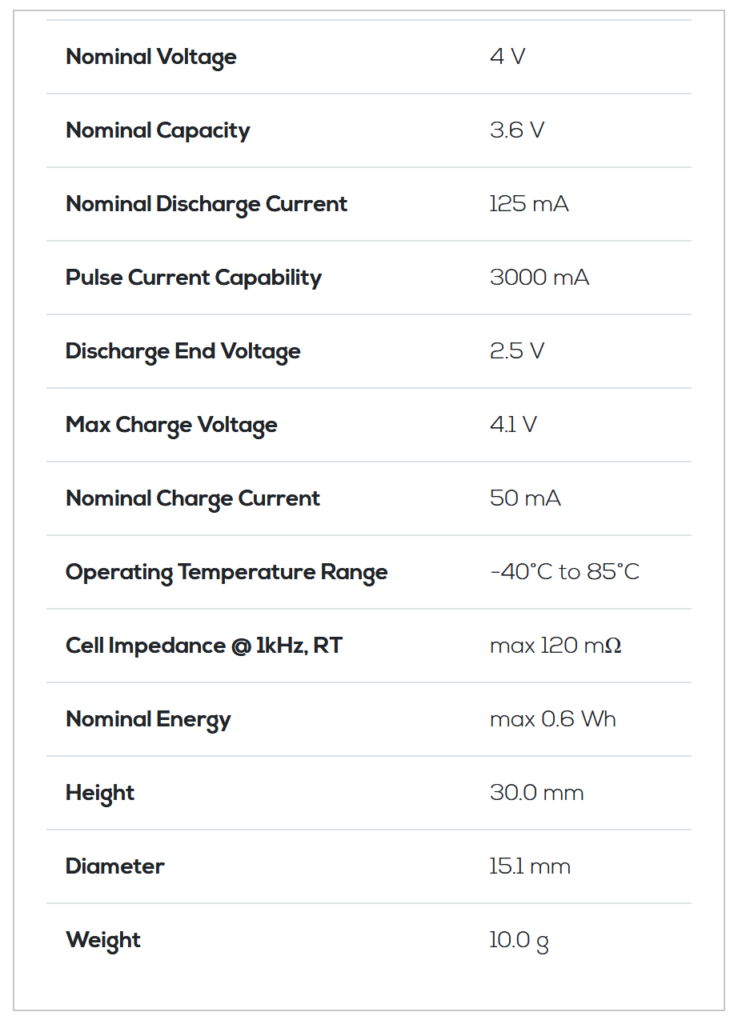Xidas introduces a small high-pulse rechargeable battery with an operating temperature range of -40°C to +85°C that eliminates the need for a separate supercapacitor and rechargeable battery in IoT applications.
This considerably reduces the development and product commissioning times. With energy harvesters, the energy source being captured is not always available in the environment (i.e. lights turn off) and IoT devices will still need to operate – hence the need for energy storage. Supercapacitors are commonly used in conjunction with energy harvesting circuits for IoT to allow for the steep pulses when transmitting data wirelessly.
The model RHB-1530 is an integrated pulse capacitor and rechargeable lithium battery that provides large pulse discharge capability under extreme temperature from -40°C to 85°C. With a low trickle charge current requirement and a high energy capacity, the model RHB-1530 becomes ideal for use in energy harvesting devices for wireless IoT applications. The battery is designed for a 10 year life, and has enough capacity to run typical IoT devices for a week in case of harvested energy downtime, allowing enough time for customers to resolve i.e. malfunctioning machinery.
“Technologies to extend the life of IoT devices without yearly battery replacements has been a focus of our R&D at Xidas over the last few years. Working in partnership with the National Science Foundation (NSF), we are introducing our first four (4) products this month,” commented Sourabh Dhillon Director of Business Development. “We were surprised with the amount of work engineers needed to do just in battery selection with regards to satisfying the unique behavior of wireless devices, particularly when it comes to integrating energy harvesting sources. The RHB-1530 becomes the perfect energy storage companion for solar, vibration, thermal, RF or other energy harvesters used in IoT solutions.”




